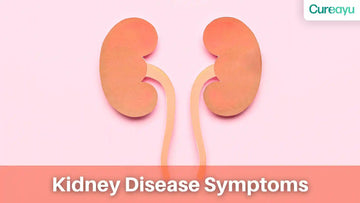Urinary Tract Infections (UTIs) represent a prevalent health concern impacting individuals worldwide, transcending age and gender. These infections, caused by bacteria invading the urinary system, not only bring discomfort but also pose risks of severe complications if left untreated. Their pervasive nature affects millions annually, underscoring the importance of understanding their causes, symptoms, and the imperative need for effective management strategies.
What Is Urinary Tract Infections
- UTIs occur when bacteria enter the urinary system, affecting the bladder, urethra, or kidneys.
- They’re commonly caused by Escherichia coli (E. coli) bacteria but can stem from other pathogens.
Also Read: Managing Kidney Stones: Insights, Medications, and Ayurvedic Approaches
What Are The Causes Of UTI
- Bacteria entering through the urethra
- Poor hygiene habits
- Sexual activity
- Blockages in the urinary tract
- Menopause-related hormonal changes in women
UTI Symptoms
- Painful or burning sensation while urinating
- Frequent urges to urinate
- Cloudy or strong-smelling urine
- Lower abdominal or pelvic pain
- Fever or chills (in severe cases)
Risk Factors of UTI
- Female anatomy (shorter urethra)
- Sexual activity
- Certain birth control methods (diaphragms or spermicidal agents)
- Urinary tract obstructions or abnormalities
- Menopause
Also Read: What Are Piles & Common Causes
Complications Of Urine Infection
- Recurrent infections
- Kidney damage or infections (pyelonephritis)
- Sepsis in severe cases
- Pregnant women face risks of premature birth or low birth weight
Urine Infection Treatment
- Antibiotics prescribed by healthcare providers
- Increased fluid intake to flush out bacteria
- Pain relievers to alleviate discomfort
- Avoidance of bladder irritants like caffeine and alcohol
Ayurveda Advice On UTI
- Herbal remedies like cranberry juice or supplements
- Consuming probiotics to restore healthy bacteria balance
- Ayurvedic herbs like neem or gokshura for their antibacterial properties
Also Read: The Ultimate Guide to Ayurvedic Herbs and Their Remarkable Benefits
Conclusion
Understanding UTIs and their management is crucial for preventing complications. Early recognition of symptoms and prompt treatment are vital. Adopting good hygiene practices and seeking medical advice for recurrent infections can significantly reduce the impact of UTIs on overall health.
This comprehensive guide on UTIs aims to provide insight into the causes, symptoms, and treatments available. With proper care and awareness, managing and preventing UTIs becomes more attainable.












